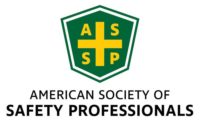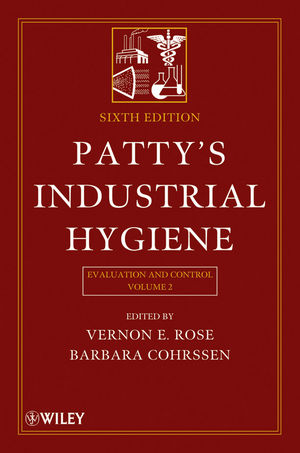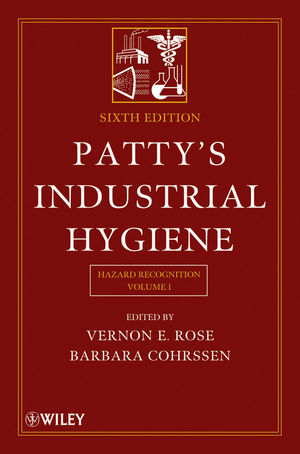Cold temp work apparel standard revised

Employees who must work in cold temperature environments, such as food processing, pharmaceutical manufacturing or outdoors during the winter just got a bit more protection, in the form of a revision in a workwear standard.
The International Safety Equipment Association (ISEA) has released the newly revised standard — ANSI/ISEA 201-2019 American National Standard for Insulation and Wash Durability Classification of Apparel Used in Cold Work Environments — to improve on the performance of apparel worn in cold temperature environments. The revised standard was prepared by ISEA members of the Protective Apparel Group.
Employees who are exposed to cold temperatures run the risk of cold stress related impairments including hypothermia, frostbite and chilblains.
To minimize such impairments, clothing ensembles worn in these environments must meet several requirements:
- It must provide the required level of insulation for the comfort and protection of the wearer in the exposure environment.
- The clothing must maintain the level of “as new” performance reasonably throughout the expected useful lifetime of the garment or ensemble.
- In addition, the garment’s other performance properties such as warmth to weight, thickness to weight, warmth to thickness, breathability, and bending modulus must be considered to optimize the ensemble for comfort and performance in the chosen activity.
According to Tim J. Gardner, Ph.D., with 3M Personal Safety Division, and working group leader of the ISEA Cold Apparel Work Group, “The contribution of clothing to maintain consistent comfortable temperatures for the wearer is an important factor in productivity, endurance and safety at work. The standard sets performance parameters to minimize illnesses and injuries when working in cold temperatures.”
This second iteration revises the 2012 version of ANSI/ISEA 201, with key updates that are essential when selecting the appropriate garments. The standard’s durability classification is now recognized as an optional assessment in the revision, and updates to the laundering protocols and number of classes have been made to reflect a more practical approach.
To purchase ANSI/ISEA 201-2019, Click Here
Looking for a reprint of this article?
From high-res PDFs to custom plaques, order your copy today!







